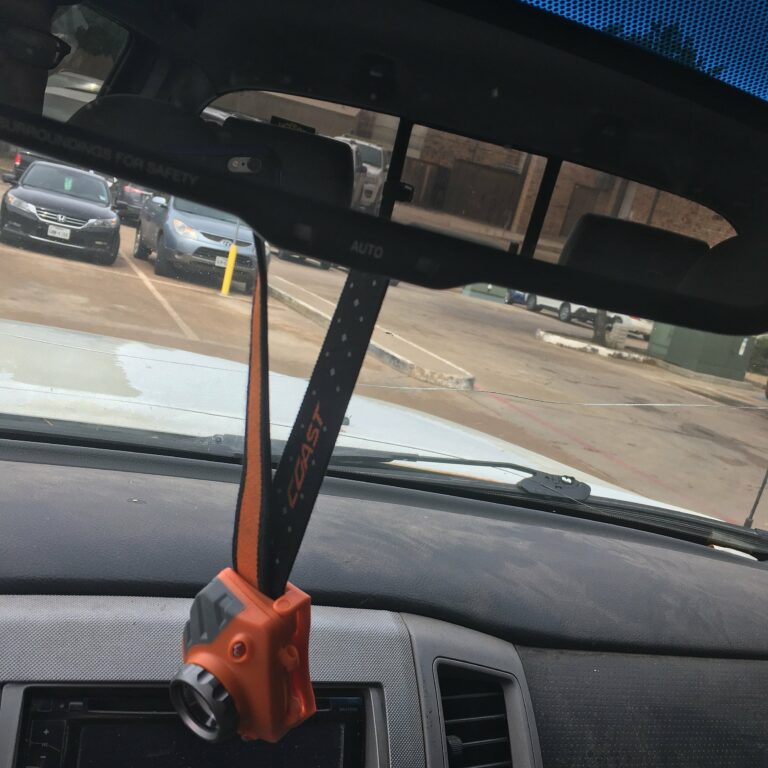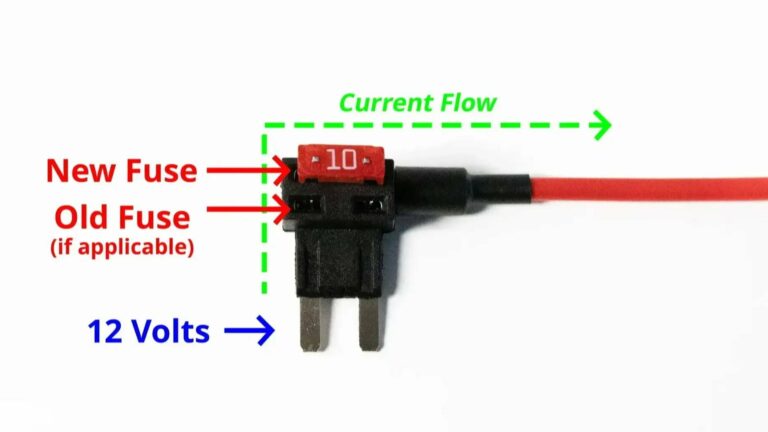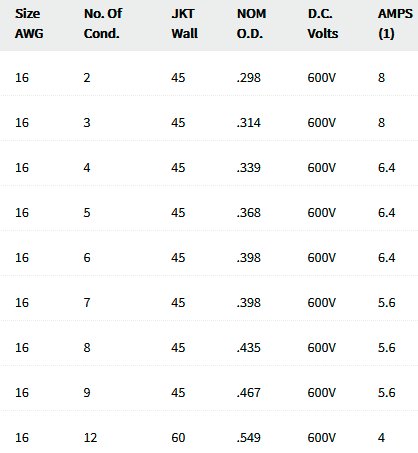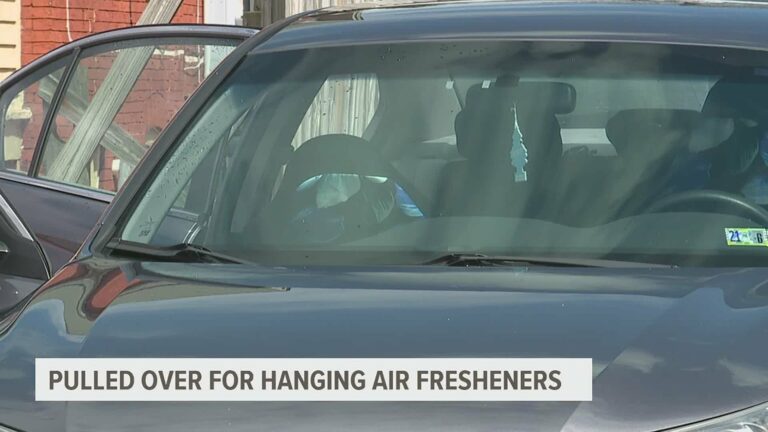How to Tell If Your Car Is Bugged by Police
Is your car bugged by the police? That nagging question might be playing on your mind, leaving you feeling unsettled and unsure. Well, worry no more, because we’ve got the answers you’ve been seeking. In this article, we’ll guide you through the telltale signs that your car might be bugged by the police. Our aim is to empower you with the knowledge and tools to put your mind at ease. So, if you’re ready to uncover the truth and gain some peace of mind, let’s dive right in and explore how to tell if your car is bugged by the police.
How to Tell If Your Car Is Bugged by Police:
Why would the police bug your car?
The idea of having your car bugged by the police might seem like something out of a spy movie, but it’s a reality that many people face. Law enforcement agencies sometimes employ surveillance techniques, including vehicle bugs, to gather evidence and monitor individuals suspected of criminal activities. If you suspect that your car may be bugged, it’s important to know how to identify potential signs and take appropriate measures to protect your privacy.
Importance of detecting car bugs
Detecting a bug in your car is crucial for preserving your privacy, protecting your personal information, and maintaining your rights. Unauthorized surveillance can infringe upon civil liberties, compromise personal safety, and potentially expose confidential information. By identifying potential surveillance devices, you can take steps to remove them, prevent further intrusion, and safeguard your privacy.
1. Unusual Battery Drain
Bugs hidden in cars often utilize battery power to operate their listening or tracking capabilities. If you notice that your car battery is running out faster than usual, even when the vehicle is not in use, it could be an indication of a bug. Keep an eye on any unexplained or excessive battery drain as it could be a sign that someone is actively monitoring your vehicle.
How to check for battery drain:
- Use a multimeter to measure the voltage across the battery terminals
- Compare the reading with your car’s specifications or consult a professional
- If the voltage is consistently lower, it may suggest a power-consuming device, such as a bug
2. Strange Noises or Interference
Bugs are electronic devices that can emit audible noises or interfere with the normal functioning of your car’s electronics. While modern bugs are designed to be discreet, they can still produce faint buzzing, clicking, or static sounds. If you hear any unusual noises when your car is turned off or experience interference on your radio or other devices while driving, it could be a sign of unauthorized surveillance.
How to detect strange noises or interference:
- Turn off all devices and minimize background noise in your car
- Pay attention to any abnormal sounds, such as buzzing or clicking
- Observe if there is interference with radio signals or Bluetooth connections
3. Unusual Behavior from Electronics
Bugs can interfere with your car’s electronics, causing them to behave unexpectedly. If you notice unexplained changes in your vehicle’s electronics, such as lights flickering, dashboard malfunctions, or alarms going off without apparent cause, it may indicate the presence of a bug. However, keep in mind that these anomalies could also be due to other technical issues, so it’s essential to rule out alternative explanations.
How to identify unusual behavior from electronics:
- Document any strange behavior or malfunctions you observe
- Consult a professional mechanic to rule out technical issues
- If no other cause is found, it may suggest electronic interference from a bug
4. Suspicious Presence of Unfamiliar Objects
Bugs can be discreetly concealed within your car, often disguised as mundane objects. Take notice of any unfamiliar objects or modifications in your vehicle, as they could be potential hiding spots for surveillance devices. Pay attention to details like loose panels, new wiring, or changes in your car’s appearance that cannot be attributed to your own actions.
How to identify unfamiliar objects:
- Conduct regular visual inspections of your car’s interior and exterior
- Look for any unexpected modifications or alterations
- Inspect hidden areas such as under seats, in glove compartments, or the trunk
5. GPS Tracking Abnormalities
Law enforcement agencies often use GPS tracking devices to monitor the movements of individuals under investigation. If you suspect your car may be bugged, pay attention to any unusual GPS-related behaviors. For example, if your navigation system shows inaccurate locations or takes longer than usual to acquire a signal, it could indicate the presence of a tracking device.
How to detect GPS tracking abnormalities:
- Monitor your navigation system for inconsistent or inaccurate positioning
- Compare it with other reliable GPS devices to confirm inconsistencies
- Consider consulting a professional to perform a thorough GPS inspection
6. Sudden Increase in Police Attention
If you have noticed an inexplicable increase in police presence around you, it could be a clue that your car is being monitored. Unusual encounters with law enforcement, frequent traffic stops, or being followed by unmarked vehicles could indicate that you are under surveillance. While these incidents alone do not confirm the presence of a bug, they should raise your suspicion and prompt you to investigate further.
How to handle sudden increase in police attention:
- Maintain composure and avoid confrontations with law enforcement
- Document instances of increased police attention, noting dates, times, and locations
- Consult with legal counsel regarding your rights and potential courses of action
7. Unusual Heat Sources
Bugs can generate heat when in use, and this heat needs to dissipate to avoid damage. If you notice unusual heat sources inside your car, such as warm spots on seats, dashboard, or any other surfaces, it could indicate the presence of a concealed bug. However, it’s important to note that other technical malfunctions unrelated to surveillance devices can also cause heat-related issues, so it’s crucial to investigate further.
How to identify unusual heat sources:
- Run your hand across different surfaces inside the car, noting any warm spots
- Pay attention to areas that tend to remain cool under normal circumstances
- Consult a professional to conduct a thorough inspection if you suspect a bug
8. Professional Bug Sweeps
If you have reasons to believe your car is bugged, seeking professional help for bug sweeps is a viable option. Private investigators or experts in bug detection can perform thorough inspections to identify and remove any surveillance devices. They have specialized equipment and expertise to detect bugs even in hard-to-find locations.
How professional bug sweeps work:
- Hire a reputable professional specializing in bug detection
- They will use advanced equipment such as RF detectors and thermal cameras
- Experts will conduct a comprehensive sweep to detect any bugs or surveillance devices
9. Legal Implications and Seeking Legal Advice
If you discover a bug in your car, it’s important to understand the legal implications and consult legal counsel. In many jurisdictions, unauthorized surveillance is illegal, and your rights may have been violated. An attorney specializing in privacy and surveillance laws can guide you on the appropriate legal steps to take, such as reporting the incident or filing a lawsuit.
When to seek legal advice:
- If you find a bug or suspect unauthorized surveillance in your car
- If you believe your rights to privacy have been violated
- To understand the legal implications and potential courses of action
10. Protecting Your Privacy
Preventing your car from being bugged is key to protecting your privacy. While it’s impossible to guarantee complete immunity from surveillance, there are measures you can take to minimize the risk. Implementing counter-surveillance techniques, regularly inspecting your car for suspicious objects, and staying informed about emerging surveillance technologies can all contribute to safeguarding your privacy.
Ways to protect your privacy:
- Be vigilant and stay informed about surveillance techniques
- Learn about counter-surveillance measures and implement them
- Regularly inspect your car for unfamiliar objects or modifications
Remember, if you suspect that your car is bugged by the police, it’s essential to act responsibly and seek professional help. Privacy is a fundamental right, and taking appropriate measures to protect it is crucial in today’s digital age.
Note: This article is provided for informational purposes only and should not be considered legal advice. If you suspect that your car is bugged, consult with legal counsel and professionals specializing in bug detection for guidance tailored to your specific situation.
Faqs for How to Tell If Your Car Is Bugged by Police:
Common signs of a bugged car include unusual noises such as clicking or static during phone calls, unexplained battery drain, unexpected interference on radio or navigation systems, and suspicious individuals loitering near your vehicle for extended periods.
Yes, you can use a bug detector to check for surveillance devices in your car. Bug detectors can help identify hidden microphones, GPS trackers, or other listening devices that may have been installed.
If you suspect your car is bugged, it is important to remain calm and take immediate action. You can contact a professional sweep team to conduct a thorough search of your vehicle or consult with a trusted mechanic who can inspect for any unusual equipment or wiring.
In most countries, it is illegal for the police to bug your car without a proper warrant. However, laws may vary, so it is advisable to consult with a legal professional to understand the specific regulations in your jurisdiction.
Removing a bug from your car is a complex task that requires expertise and specific equipment. It is not recommended to attempt removal on your own, as you may inadvertently damage your vehicle or fail to completely eliminate the surveillance device. Seeking assistance from professionals is highly advised.
Final Thoughts
identifying whether your car is bugged by the police requires attentiveness and a systematic approach. Look out for suspicious behaviors such as unexplained battery drain or strange noises during phone calls. Conducting regular inspections, including checking for unfamiliar objects or modifications, can also help reveal any hidden surveillance devices. Remember to be cautious and seek professional assistance if you suspect your vehicle has been compromised. By staying alert and taking necessary precautions, you can maintain your privacy and ensure the security of your vehicle. Rest assured, being aware of the signs and taking action will help you determine if your car is bugged by the police.





